Hundreds of Israeli reservists say they are joining judicial protests
A group of Israeli reservists in elite military and intelligence units say they’re joining protests against the extremist cabinet’s planned judicial reforms.
Members of the regime’s Prime Minister Benjamin Netanyahu's extremist coalition, which wields a Knesset majority, say they want legislation that would limit the authority of the Supreme Court to be written into law by April 2.
As ratification nears, protests have spiraled, and fears have been voiced by national security veterans who usually shy from public exposure.
In a letter sent to Israeli media, around 650 reservists said they would not turn up for some duties from Sunday and will refuse call-ups.
Many described themselves as volunteer reservists from special military forces. The rest said they were reservist offensive cyber operators, including from the Mossad and Shin Bet spy agencies.
"We have no contract with a dictator. We would be happy to volunteer when the democracy is safeguarded," the letter said.
On Saturday, tens of thousands of protesters took to the streets in more than 100 towns and cities across the occupied territories for the 11th straight week against plans by the cabinet to curb the Supreme Court's powers.
Saturday protests even spread to Israeli settlements in the occupied West Bank, which have been long considered a political stronghold for Netanyahu's right-wing coalition partners.
The reforms proposed by Netanyahu seek to rob the Israeli regime's Supreme Court of its ability to overrule decisions made by either the PM's extremist cabinet or the Knesset. They also empower the lawmakers to strike down the court's verdicts and give them more sway in the selection committee that appoints the judges.
Netanyahu, who returned to office for a sixth term in late December, has said the demonstrations are aimed at toppling him.
He is on trial in three corruption cases and denies all wrongdoing. Opponents of his proposed reforms have accused Netanyahu of trying to use the reforms to quash possible judgments against him.
Iran develops ‘surgical assistant’ device detecting breast cancer in 15 seconds
Settlement construction plans in al-Quds violate international law: Hamas
UN expert: Israel-Egypt gas deal violates intl. law amid genocide in Palestine
VIDEO | Hunger strike ends 2025
Israeli troops launch ground incursions in southwestern Syria, set up checkpoints
VIDEO | Russian President Putin says ball in Ukraine’s court to end war
VIDEO | Israel tries to pin Sydney attack on Iran
US pitches ‘Project Sunrise’ to rebuild Gaza as high-tech coastal metropolis: Report


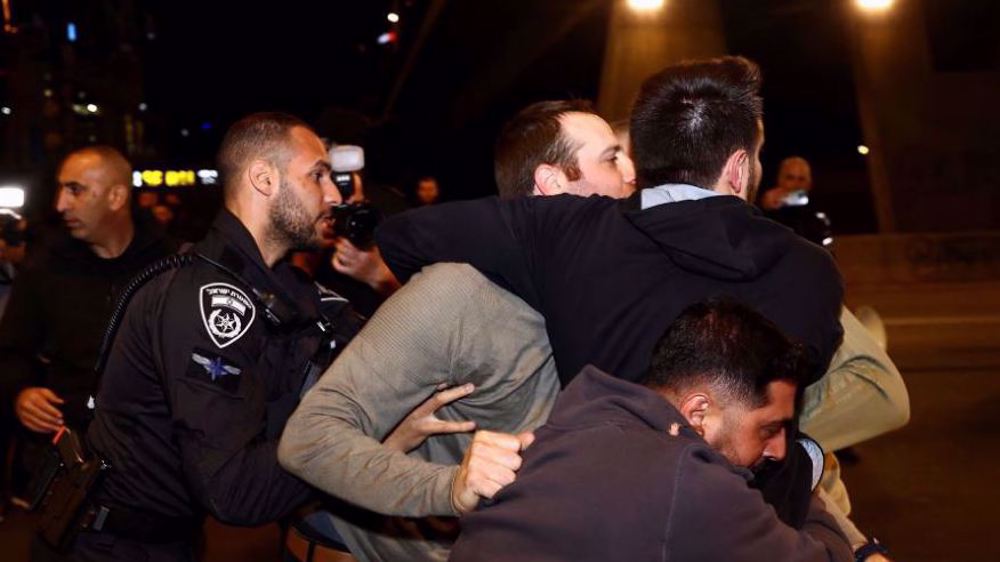
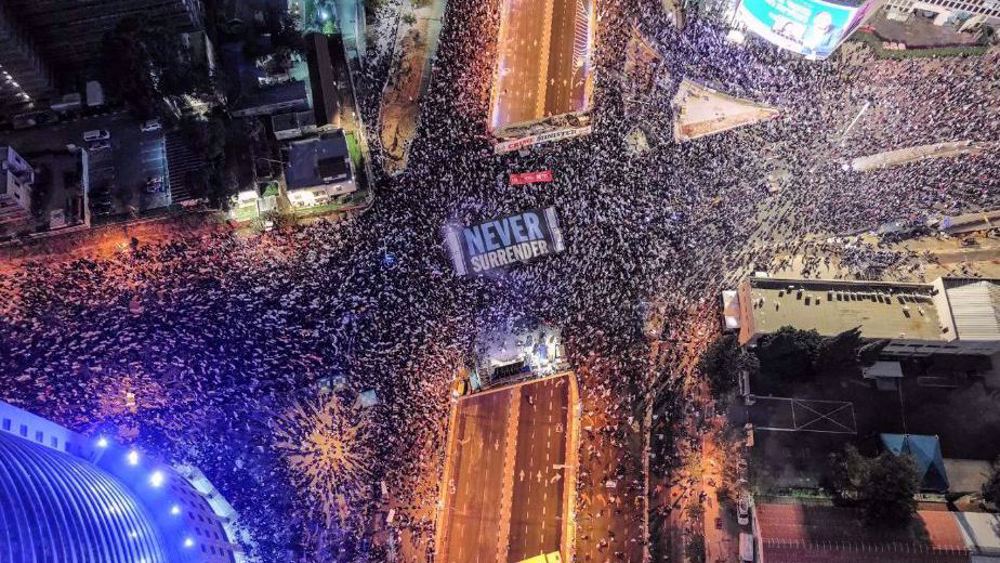
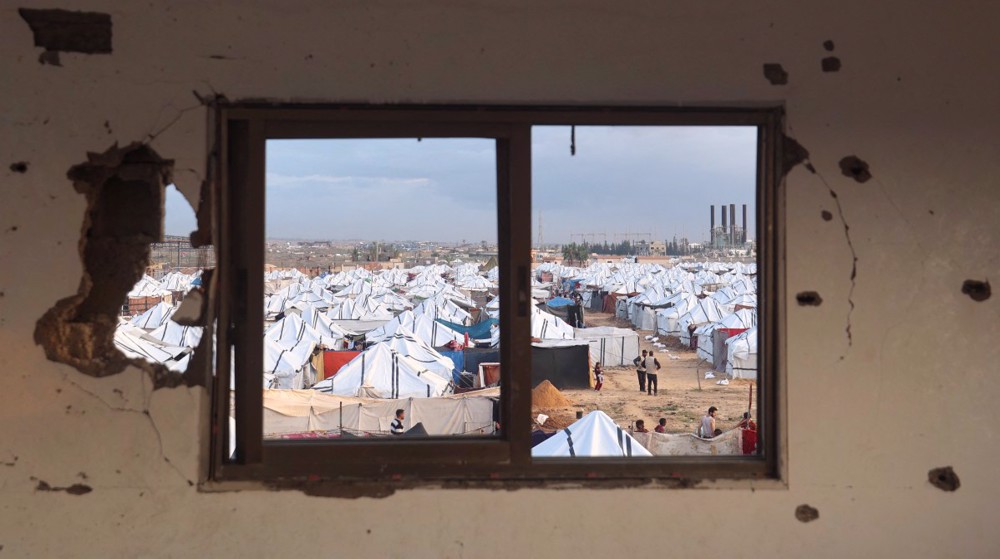
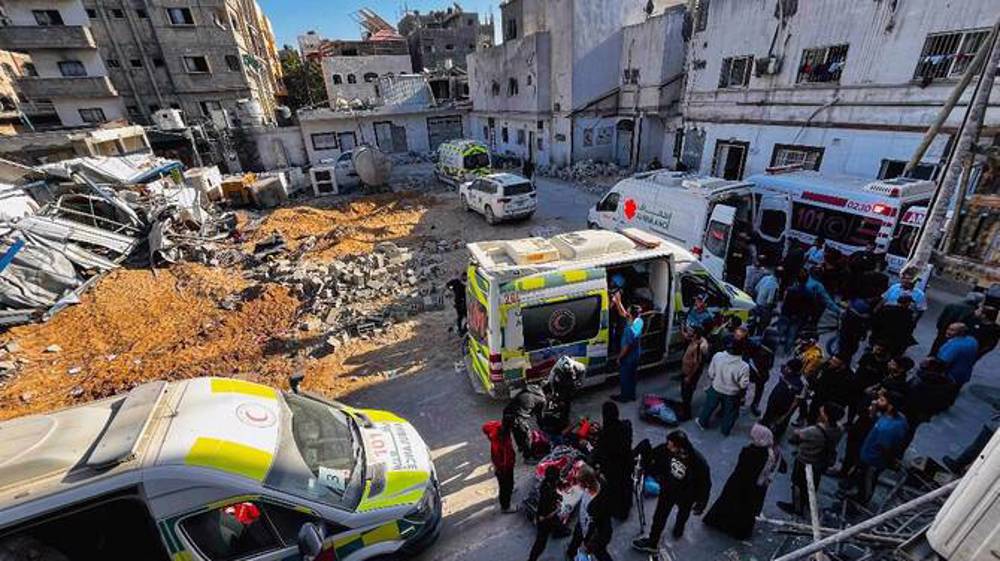
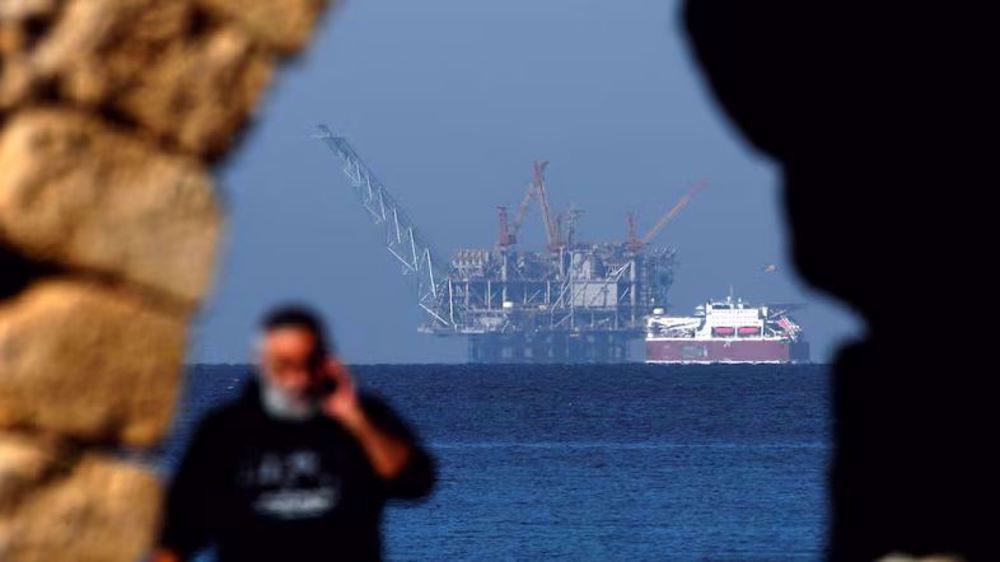




 This makes it easy to access the Press TV website
This makes it easy to access the Press TV website